Most people have no idea what they’re doing when they write their resume (called a CV in Peru, short for curriculum vitae, the full word curriculum is also used). Your CV is your first, and often your only chance to leave a positive impression on your potential employer. But even that chance is dismal. They flood the boss’s inbox. Paper shredders cry for mercy as they’re stuffed with dozens of useless pages.
Peru is no exception to this rule. With formal business growth on the rise and increased competition, millions of people are competing for better jobs. In the English teaching world, native speakers have a massive advantage, but if you don’t know how to put this on your CV, you’ll be left out. Peruvian business has some odd cultural quirks. So to write one that’ll get you that interview here are some rules you need to know.
CV Rule 1: Forget about privacy
Oh, you come from a nation with stringent personal information and anti-discrimination laws? Forget about those. Peru has no such protections for job seekers. It’s customary to put your date of birth, place of birth, and address on your CV. If you don’t, it’ll generally be seen as you trying to hide something.
When I first came to Peru, I realized my age was a hindrance to my employment. Most people just don’t trust 20-year olds (and they shouldn’t). I left my age off, but the question was still brought up in interviews. One job just flat out told me no because I was too young.
While you don’t have to put any information about your family status, if you get to an interview these things will absolutely come into play. On one occasion I was asked twice if I had a wife and kids. No kids means less risk of missing work. But then again, I suppose there’s no right answer, as a colleague of mine was discriminated against for being single. They figured he was gay and wouldn’t hire him on those grounds.
Be prepared to divulge a lot of information that you normally would never have to.
CV Rule 2: Smile for the camera
Peruvian CVs must have a photo. This is to ensure that your employer can quickly discard applicants based on physical appearance. I’m not exaggerating. Discrimination is rampant in Peru. White privilege takes on a whole new meaning. Truth be told, if you’re a Caucasian, your phone is more likely to ring. Blonde hair? Twice as likely as the average gringo. Once, during a drop in demand at one of my jobs, I got my hours slashed while a Polish guy with blonde hair and blue eyes who barely spoke English kept his.
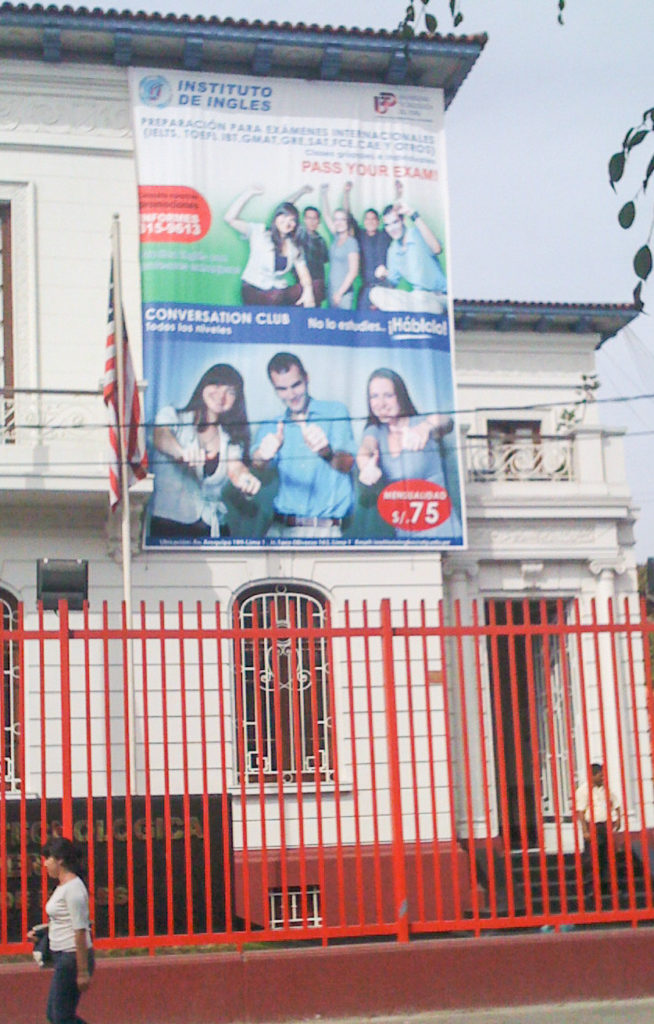
I don’t entirely blame the employer for this by the way. It’s a product of the market. Parents want to see native speaking English teachers instructing their children. And they have a particular image of what a native speaker looks like. If the school gives the customer what they want, word gets around. It’s just business.

Take a good quality headshot on a neutral background. Crop it to where your shoulders slope to the corners of the picture and leave a margin over your head. Smile!
CV Rule 3: Filler is fine
You’ve probably been (correctly) taught that your CV should stick to the most important material. Your employer doesn’t care or need to know that you’re also a part-time DJ or that you won your 9th grade spelling bee.
Here, however, quantity helps. If you have a certificate for anything you should mention it on your CV and bring it with you for verification. It doesn’t even have to be related to the job you’re applying to.
In a way I appreciate this element of Peruvian job culture. It gives you a chance to show off your whole being instead of just one aspect. Put a section for hobbies or free-time interests, or people will think you’re an antisocial recluse.
CV Rule 4: References rule
This is standard fare in any job application, but in Peru it takes on greater weight. Unlike the US, where a former employer can only (legally at least) confirm the dates you worked and your wages, Peruvian references will ask all sorts of questions. They get into the nitty gritty. Choose your references wisely. If they’re from the states, make sure you have an email address they’ll respond to quickly. Put the phone number too. This might only come up after the interview process. You can earn points by whipping out your phone and offering to make the call.
A referral from someone already inside the company wields massive power. If you can get this in writing and mention it in your CV or cover letter, you’ll be a shoe in.
CV Rule 5: Have a Spanish and English version
If you’re applying for an English teaching job you should send your CV in English. Odds are the first person to read it will be your coordinator or supervisor. But if you get past that phase, expect to meet higher ups. In most cases directors or principals won’t be English speakers. They may want to see your CV as well. Being able to pull out both versions shows preparedness and the big boss will appreciate it.
If you’re not confident in your Spanish, hire a translator or get someone to help you out. A list of translators can be found here.
Follow these rules, along with the typical quality resume writing advice, and you’ll be donning your suit and strolling into interviews in no time.

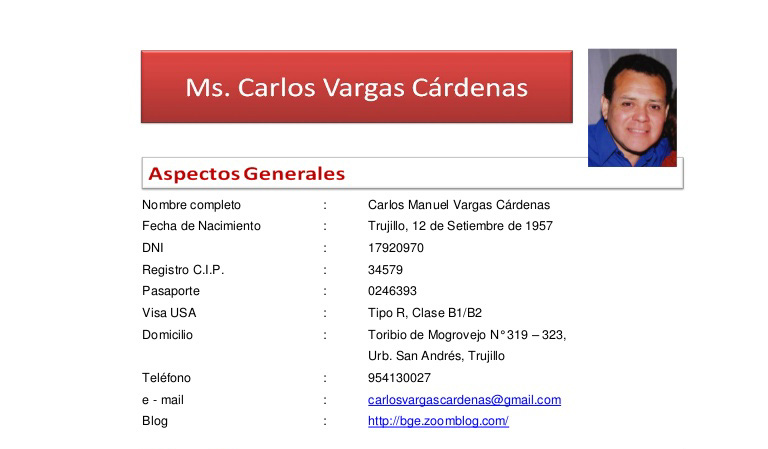
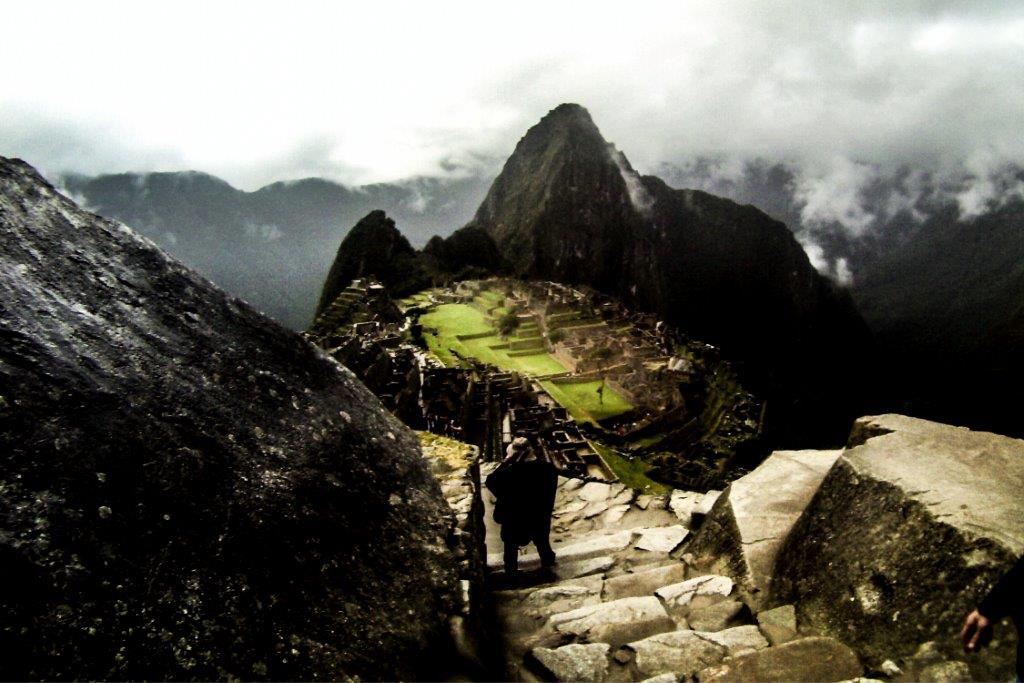
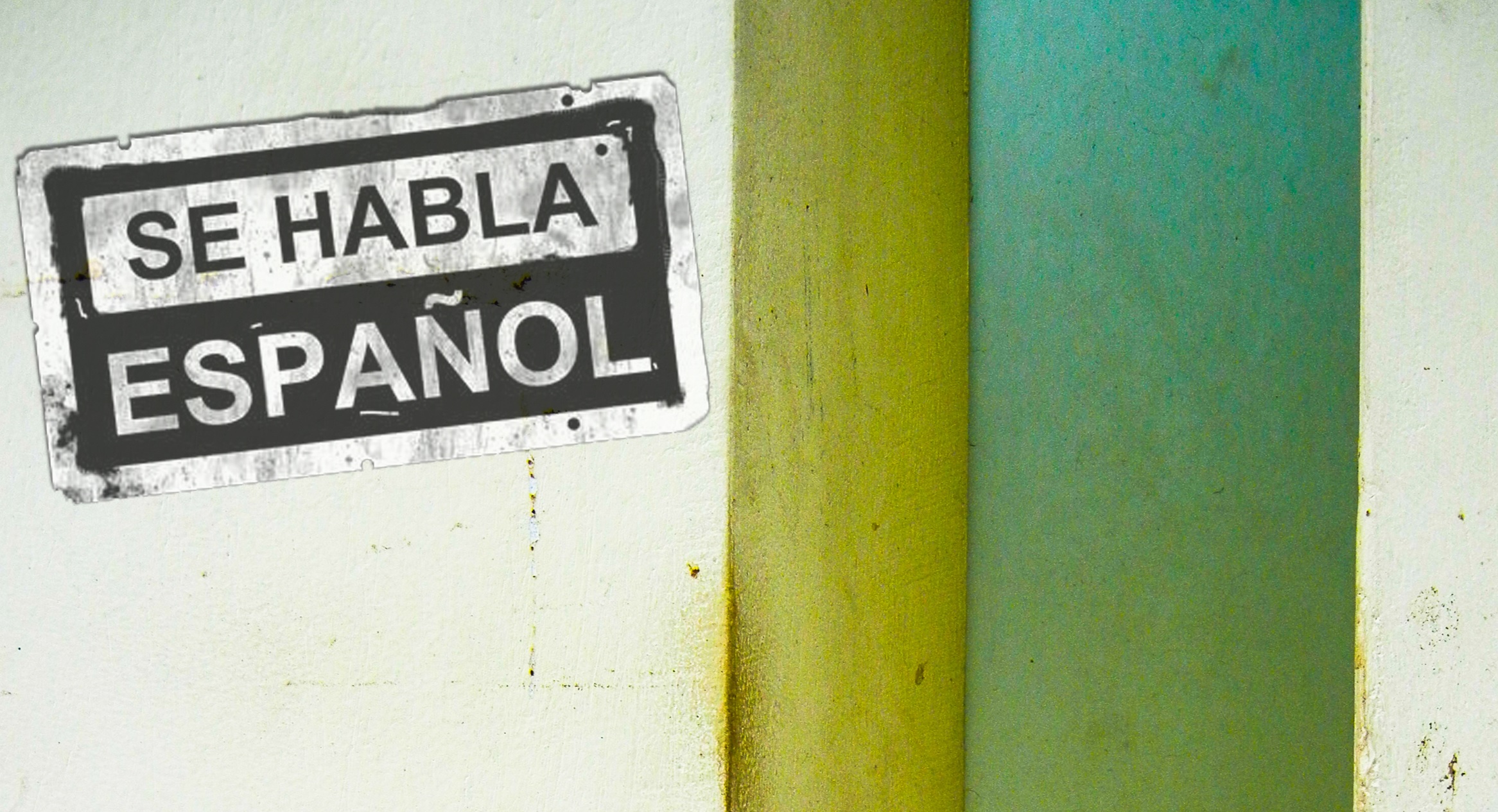
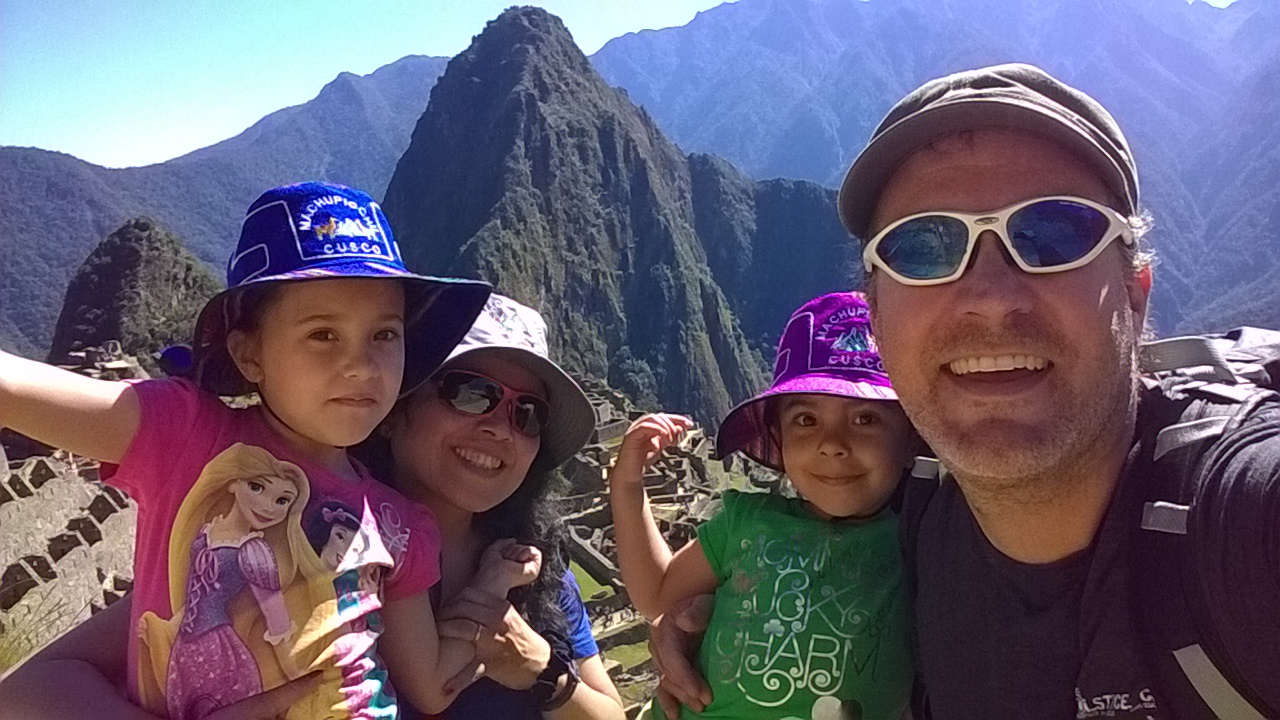
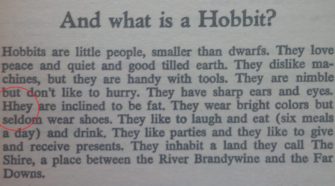
No Comment